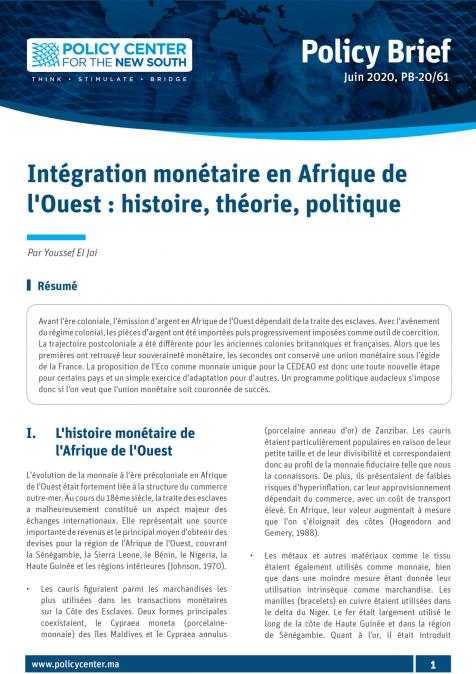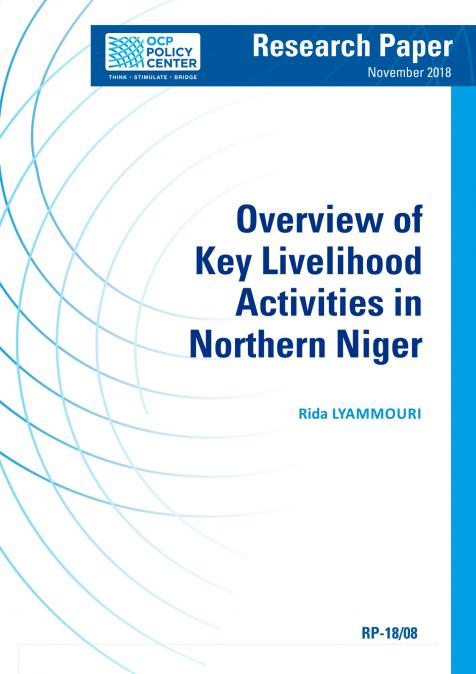Publications /
Policy Brief
Trade integration is a prerequisite for the success of any economic integration project. The factors hindering trade integration therefore constitute a bottleneck to the economic integration project of the countries of the Economic Community of West African States (ECOWAS), which is an effective means of coping with the substantial expansion of sub-regional food demand. The aim of this paper is to highlight the factors that constrain trade flows and increase the cost of trade in the Community. It focuses on three categories of factors: tariff measures, non-tariff measures and the quality of infrastructure and logistics. It emerges that the question of rules of origin and delays in compliance with the agreements seem to hamper the process of liberalization. Non-tariff barriers are ubiquitous and fairly diverse, as are the procedural barriers associated with them. Finally, trade remains hampered by medium to low levels of logistics performance and infrastructure quality.




